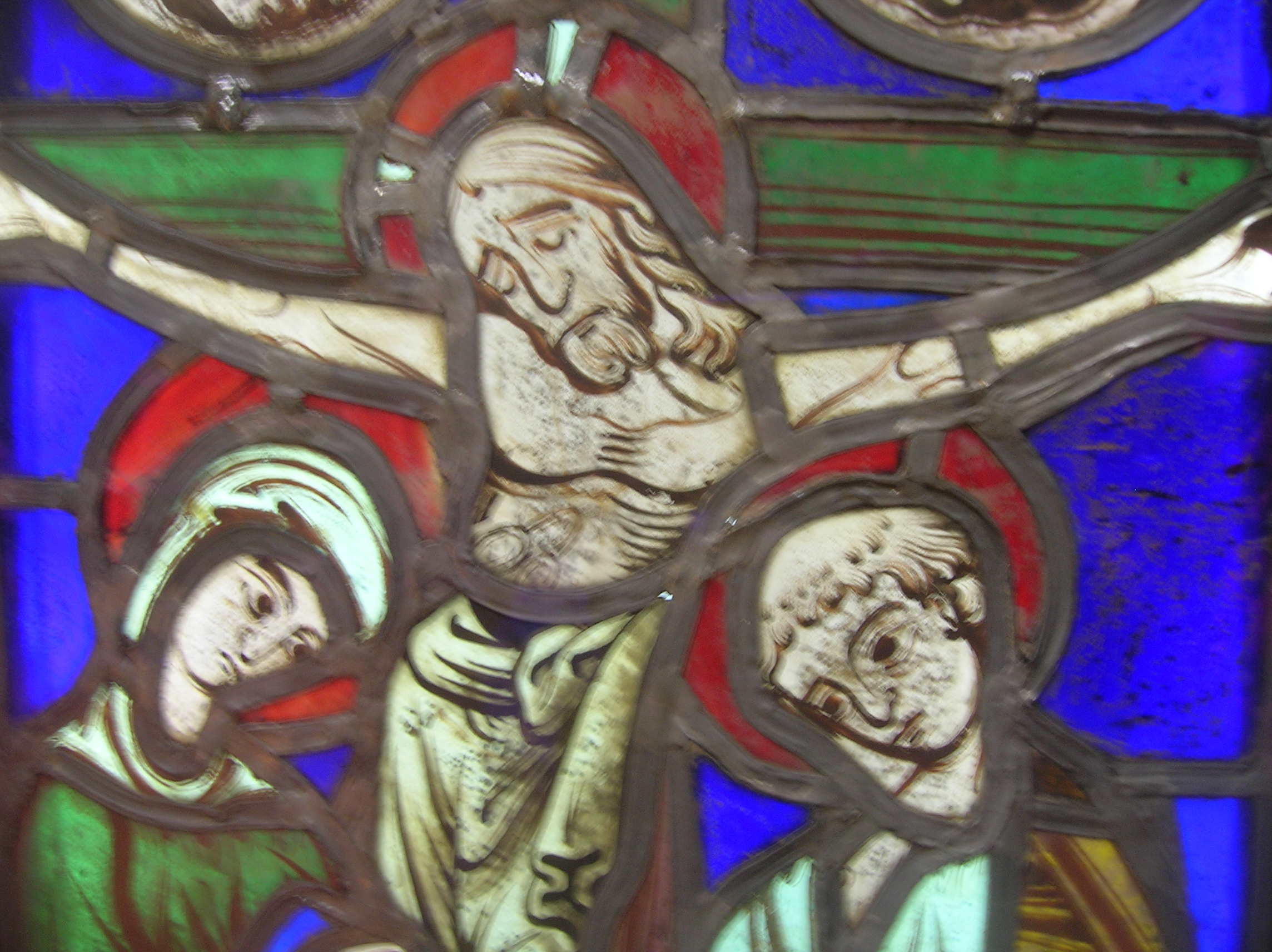Knowing who you are and what you stand for as a denomination is a good thing. Aligning your identity with the bible is a good thing for Christians to do. But some groups seem to take this to extremes.
Dr. Malcolm Yarnell III writes about recovering Baptist identity at Southwestern Seminary. Reading his piece you’d think Baptists are the only real Christians out there. Liberal use of the word “biblical” seems to be his main strategy. It became clear his bible was a bit different than mine when he complained of some Southern Baptists, “Others have apparently begun breaking down the biblical walls between Baptists and Presbyterians.” I’m afraid the bibles I’ve read (which include KJV, NIV, RSV, NRSV, NLT, and the UBS Greek text) don’t even mention Baptists or Presbyterians. The bibles I’ve read, instead of speaking of “biblical walls” which ought to be maintained or built higher, speak of walls being destroyed (Ephesians 2:14).
In the post-Reformation Christendom era, denominations put most of their energy in identity statements into contrasting themselves with other denominations. Our United Methodist Articles of Religion, taken as they are from the Anglican Articles, emphasize in several places that we’re not Catholics. In our era it’s more likely that UM’s would emphasize that we’re not Baptists or Pentecostals or the like. But the Christendom era is past, regardless of what its liberal or conservative proponents would like.
In the post-Christendom era, we still need to pursue clarity in our identity. Instead of straining to differentiate ourselves from other denominations, however, our effort should be spent differentiating ourselves from the world, from non-Christianity in its various forms. While this is what folks have aimed at all along (in saying that Baptists, Catholics, Methodists, Presbyterians, et al. aren’t really Christians at all), the thought now is completely different.

Good post. For at least a decade I have challenged people who say they define their faith simply “by the Bible.” They say something like, “I’m not a ; I’m a Christian. I live by the Bible, not some organization’s version of the Bible.”
The trouble is, we all get our bible reading, perspective, and understanding from somewhere, and usually from someone. To be more honest with ourselves, we ought not say “I just follow the Bible,” but rather identify what are the most significant influences upon how we read the Bible.
Yes, by all means “pursue clarity in our identity” as Christians.
I’m afraid the bibles I’ve read (which include KJV, NIV, RSV, NRSV, NLT, and the UBS Greek text) don’t even mention Baptists or Presbyterians.
There’s John the Baptist.
If we count a mention of John the Baptist as a mention of Baptists, I suppose we could count a mention of the wiles of the devil (the methodaias of the devil in Greek), we could count a mention of Methodists also. But I’d rather not.
WHO’S AFRAID OF SOUTHERNS BAPTISTS?
more than twice, I have felt a methodist put up a wall when talk turns to
confessions of faith, evangelism,baptists. Do you know what I mean? Have you had this experience? Do you have any suggestions about how to help methodists let go of that picture of: baptists, pushy, saying “we’ve got it and you don’t.” and accept that people are people?